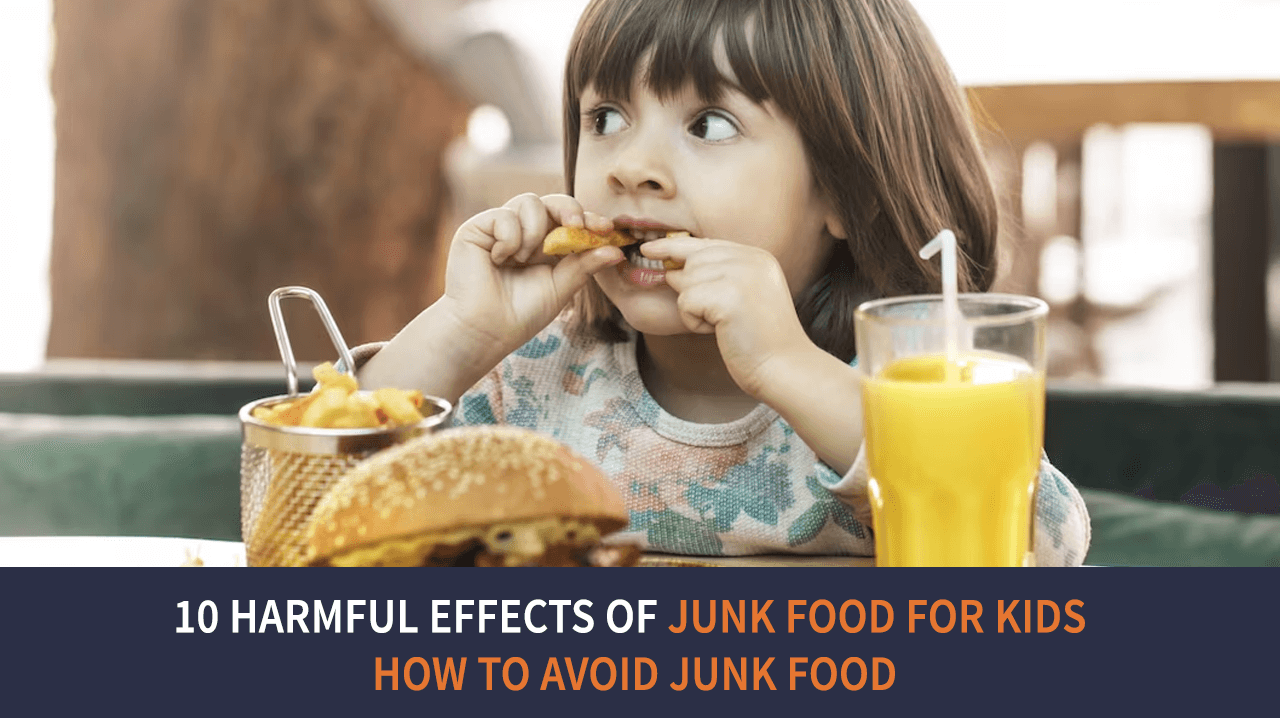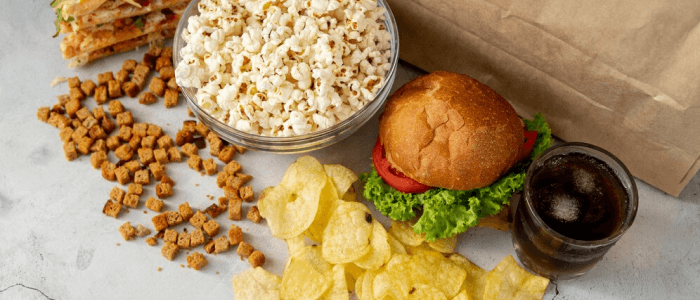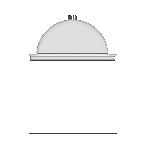10 Harmful Effects of Junk Food for Kids | How to Avoid Junk Food

In today’s world, fast food and junk food has become common. Its easy availability and appealing taste make it difficult to resist, leading to a concerning rise in its consumption among kids. However, many of us are not aware of the harmful effects of consuming junk foods, especially to kids. Due to their growing brains and bodies, children are more prone and vulnerable to the effects of junk foods. As a parents and educators, it is our responsibility to have an awareness and spread it to our children about the detrimental effects of the junk food. In this blog, we will explore ten harmful effects of junk food on kids and provide practical tips on how to avoid junk food, fostering a nutritious and balanced diet for our little ones.
What are Junk Food and Healthy Food?

Junk food and healthy food are two opposite ends of the spectrum when it comes to nutrition. Junk food refers to foods that are high in calories, fat, sugar, and sodium, but low in nutrients. These foods are often processed and packaged, making them convenient to eat but not very healthy. Examples of junk food include fast food, candy, chips, and soda.
On the other hand, healthy food refers to foods that are nutrient-dense, meaning they provide a lot of nutrients for their calorie content. These foods are often whole and minimally processed, making them a better choice for overall health. Examples of healthy food include fruits, vegetables, lean proteins, whole grains, and nuts.
Junk Food vs Healthy Food:

Junk food: High in calories, fat, sugar, and sodium. Low in nutrients. Examples include fast food, candy, chips, and soda.
Healthy food: Nutrient-dense, providing a lot of nutrients for their calorie content. Examples include fruits, vegetables, lean proteins, whole grains, and nuts.
Reasons Why Children like Junk Food

- Flavor: Junk food is often designed to be highly palatable, with high levels of salt, sugar, and fat that can be very appealing to kids’ taste buds.
- Advertising: Junk food companies heavily market their products to children, using colorful packaging, cartoon characters, and enticing commercials that make unhealthy foods seem fun and desirable.
- Peer influence: Kids are influenced by their friends and social circles, and if their peers prefer junk food, they may feel more inclined to choose it over healthier options.
- Convenience: Junk food is often readily available and convenient, making it an easy choice for busy parents or when kids are on the go.
- Texture: Some children may have aversions to certain textures found in healthy foods, which can make them less appealing to eat.
How Junk Food Is Made – Food Contents That Make It Junk
Junk food usually includes highly processed ingredients that contain high levels of added sugar, unhealthy fats and oils, artificial additives and preservatives, and refined carbohydrates. These components contribute to the unhealthy nature of junk food by providing empty calories without providing any nutritional value. Additionally, junk food is often high in salt, leading to increased risk of hypertension. The processing techniques used in the production of junk food also strip the ingredients of important nutrients and fibre that the body needs.
10 Harmful Effects of Junk Food For Kids
- (Childhood Obesity) Obesity and weight-related issues: Excessive junk food consumption can lead to a high intake of calories, sugar and unhealthy fats, leading to childhood obesity and other weight-related issues.
- Nutritional deficiencies: Junk foods lack important nutrients such as vitamins, minerals, fiber, and protein which leads to nutritional deficiencies in children.
- Increased risk of chronic diseases: Consistent consumption of junk food can increase the risk of chronic diseases such as diabetes, heart disease, and cancer in children.
- Poor dental health: High sugar and acid content in junk food can cause dental problems such as cavities and decay.
- Impaired cognitive function: Junk food intake has been linked to impaired cognitive function, poor memory, and reduced attention span in children.
- Mood swings and irritability: Junk food consumption can lead to mood swings and irritability due to the effects of sugar and other artificial additives.
- Addiction and cravings: Junk food is designed to be addictive, and consistent consumption can lead to cravings and behavioural addiction in children.
- Negative impact on self-esteem and body image: Consistent consumption of junk food can lead to weight gain and negative feelings about body image in children.
- Long-term Health Consequences: Consistent consumption of junk food throughout childhood can lead to long-term health consequences that may persist into adulthood.
- Academic performance: The negative impact of junk food on cognitive function and attention span can also lead to poor academic performance in children.
How To Avoid Junk Food -4 Easy Tips to Avoid Junk Food
- Educating Children About Healthy Food Choices – Teach kids about healthy and nutritious food and involve them in grocery shopping and meal planning.
- Creating A Healthy Food Environment – Avoid stocking junk food at home, replace with healthy snacks like fruits and vegetables and limit the frequency of eating junk food.
- Role Modelling and Setting a Positive Example – As an adult, set a good example of healthy eating habits and avoid eating junk food in front of children.
- Encouraging Balanced Meals and Mindful Eating – Plan balanced meals, encourage mindful eating and ensure that kids have access to nutritious food even when eating outside the home.
The Kid’s Healthy Eating Plate is a visual guide designed by nutrition experts to help children understand what a balanced and healthy meal looks like. The plate suggests that half of the meal should be made up of fruits and vegetables, a quarter should be lean protein, and the remaining quarter should be whole grains. It also encourages kids to drink water or milk instead of sugary drinks and to limit their intake of processed or fast food.
Conclusion:
In conclusion, junk food has become a ubiquitous part of our lives, and it is having a detrimental impact on the health of our children. It is high in calories, sugar, and unhealthy fats, which can lead to obesity, diabetes, and other health problems. Therefore, it is crucial to limit the intake of junk food and encourage children to eat healthy, nutritious food.
At MIT Gurukul, we understand the importance of a healthy diet for children’s overall development. As one of the leading international schools in Pune, we offer a wide range of healthy and nutritious food options to our students. Our IB board schools in Pune follow a holistic approach to education that focuses on the physical, mental, and emotional well-being of our students.
If you are looking for an international school in Pune that prioritizes your child’s health and well-being, then MIT Gurukul is the perfect choice for you. Visit our website https://www.mitgurukul.com/ to learn more about our school and admission process.


